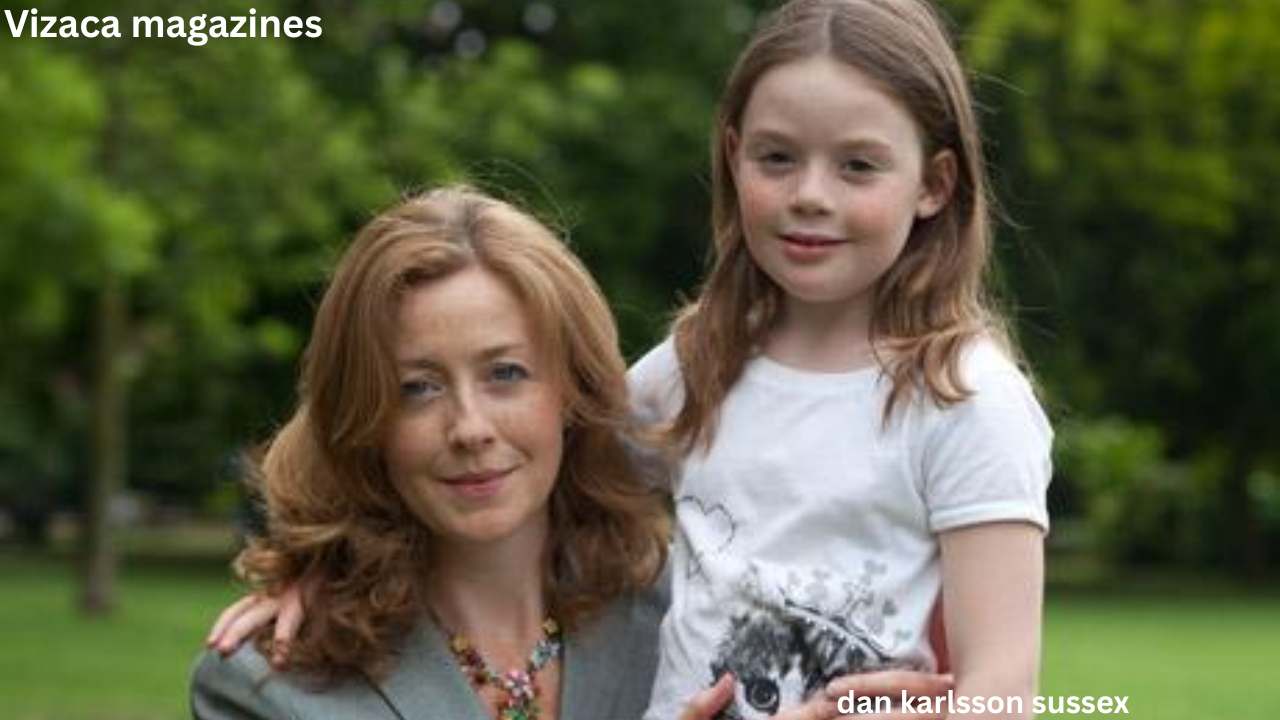Lucy Jago, ??, and the Power of Unveiled Stories: A Journey into Her World
“Lucy Jago“ is a celebrated British author, biographer, and screenwriter, known for her evocative storytelling and deep exploration of historical figures and overlooked narratives. With a background in history and a sharp eye for detail, Lucy Jago has gained recognition not only for her literary works but also for her contribution to television and nonfiction. Her writing style merges rigorous research with narrative elegance, often bringing to life powerful and enigmatic personalities from the past. But who exactly is Lucy Jago, and what does the mysterious “??” surrounding her name signify?
The ambiguity suggested by “??” opens up a thematic space to delve into the mysteries and complexities in Jago’s work and personal path. In this article, we explore Lucy Jago’s professional journey, the essence of the “??” in her narratives, and why her voice matters in today’s literary world.
Lucy Jago’s Early Life and Educational Roots

Lucy Jago was raised in the UK, where she cultivated an early interest in literature and history. Her academic background laid the groundwork for her in-depth explorations into real-life characters whose stories had not been fully told. After completing her studies, Jago began her professional writing career, which would eventually span across genres—biography, historical fiction, and screenwriting.
Her scholarly yet accessible writing makes complex historical narratives relatable and human. She doesn’t merely report facts; she dissects the emotional and intellectual lives of her subjects, giving readers a lens into their inner worlds.
Breakthrough Work: Bringing the Past to Life

Lucy Jago’s literary debut made an immediate impact. Her early works brought forth the lives of individuals forgotten by mainstream history. Whether exploring scientific pioneers or cultural icons, Jago offered something unique: a voice to those history books had sidelined.
Her biography The Northern Lights—detailing the life of Norwegian scientist Kristian Birkeland—is an example of how Jago marries science and storytelling. In it, she not only covers scientific breakthroughs but also the psychological depth and personal sacrifices of Birkeland, making the book a staple for readers interested in the human dimension of discovery.
But this is just one thread in the intricate tapestry Lucy Jago has woven over the years. The “??” in this context may well represent the unknown, the buried, or the long-forgotten stories she so meticulously uncovers.
The Meaning Behind “??”: A Symbol in Lucy Jago’s Work

The inclusion of “??” when discussing Lucy Jago is not accidental or nonsensical—it’s symbolic. It represents the layers of mystery, untold truths, and unanswered questions that define much of her literary exploration. Jago often chooses subjects who lived in shadows, whose contributions or lives were obscured by time, gender norms, or political pressures.
This enigmatic element resonates with readers because it mirrors real life. We all encounter unanswered questions and fragmented narratives, and Jago’s work affirms that those fragments are still worth examining. Her writing style doesn’t promise neat resolutions; instead, it honors the ambiguities of human life.
Lucy Jago and Female Empowerment Through History
One recurring theme in Lucy Jago’s more recent work is the re-centering of women in history. She tackles the erasure of women’s voices and highlights their influence, often buried beneath patriarchal bias. In works like A Net for Small Fishes, Jago delves into the intimate and politically charged relationships among women in the Jacobean court. Through this lens, she constructs a narrative of power, ambition, and survival.
The women in her stories are not ornamental—they are strategic, bold, flawed, and fiercely real. Jago’s portrayal of historical women goes beyond passive victimhood and into the realm of agency, revealing how they shaped events behind the scenes.
The “??” again finds resonance here—perhaps symbolizing the silenced questions of these women, the unknown impact they had, and the erased lines of their stories now re-inscribed through Jago’s pen.
Writing Style: Elegance Meets Depth
One of Lucy Jago’s literary signatures is her stylistic duality: poetic language interwoven with historical precision. Her prose is layered yet accessible, demanding readers to engage both emotionally and intellectually. Whether she’s writing about scientific innovation, political intrigue, or gender dynamics, her words remain lyrical and sharp.
This balancing act is what sets her apart in the literary landscape. She doesn’t merely write books; she constructs emotional archives where the past feels both foreign and startlingly familiar.
Beyond Books: Lucy Jago in Television and Screenwriting
While best known for her literary contributions, Lucy Jago has also worked in television. Her background in screenwriting has allowed her to translate complex themes into visual formats, broadening her reach. Her ability to communicate layered ideas with clarity has made her a respected voice in the world of documentary and scripted television alike.
The crossover into screenwriting enriches her written work, imbuing it with a cinematic sensibility. Her scenes often read like film sequences, vivid with tension and texture. The “??” element extends into these works as well, offering viewers and readers alike a reason to keep digging, to stay curious.
Lucy Jago’s Cultural Impact
Lucy Jago’s contribution goes beyond storytelling; she plays a critical role in shaping how we perceive history. By choosing subjects that have either been ignored or superficially explored, she pushes readers to question the official narratives they’ve been fed. This is where the symbolic “??” reaches its most potent form—it calls for a pause, a reconsideration, a second look at what we assume to be true.
Her stories invite critical thinking and emotional engagement. In doing so, Lucy Jago helps reshape cultural memory, turning footnotes into focal points.
Why Lucy Jago Matters Now
In an age where misinformation and surface-level content dominate the public space, Lucy Jago’s work is a breath of integrity. She brings depth to discussions, advocates for marginalized voices, and refuses to simplify complex truths. Her writing reminds us that the past is not just a record of events but a rich repository of lives, decisions, and mysteries still relevant today.
The “??” is not a flaw in her work—it is an invitation. It calls readers to explore, to reflect, and to understand the cost of what history chooses to forget.
Conclusion: The Legacy of Lucy Jago and the Embrace of the Unknown
Lucy Jago is more than an author; she is a historian of emotions, a restorer of narratives, and a seeker of hidden truths. The presence of “??” alongside her name in this article isn’t just a placeholder—it’s a symbol of her enduring quest to challenge clarity and embrace complexity.
Through her writing, Jago teaches us that not everything must be resolved to be meaningful. Sometimes, the beauty lies in the unanswered, the incomplete, and the mysterious. And in that sense, “Lucy Jago, ??,” becomes not a question—but a statement about the richness of the unknown and the stories yet to be told.
FAQs about Lucy Jago
1. What is Lucy Jago best known for?
Lucy Jago is best known for her historical biographies and fiction, particularly works that bring forgotten or misunderstood figures to light.
2. What themes are common in Lucy Jago’s writing?
Her works often explore power, gender dynamics, historical accuracy, emotional depth, and the mysteries embedded in overlooked stories.
3. Why is “??” associated with Lucy Jago in this article?
“??” symbolizes the unknown elements in history and character that Jago frequently uncovers and explores through her writing.
4. Has Lucy Jago written for television?
Yes, she has worked in television as a screenwriter and contributor to documentary storytelling, translating her narrative expertise into visual form.
5. What makes Lucy Jago’s work unique?
Her seamless blend of rigorous research and lyrical prose, along with her dedication to unearthing marginalized voices, sets her work apart in both literature and media.
Raed More: Dan Karlsson Sussex: Uncovering the Mystery Behind the Name, the Place, and the “??”





